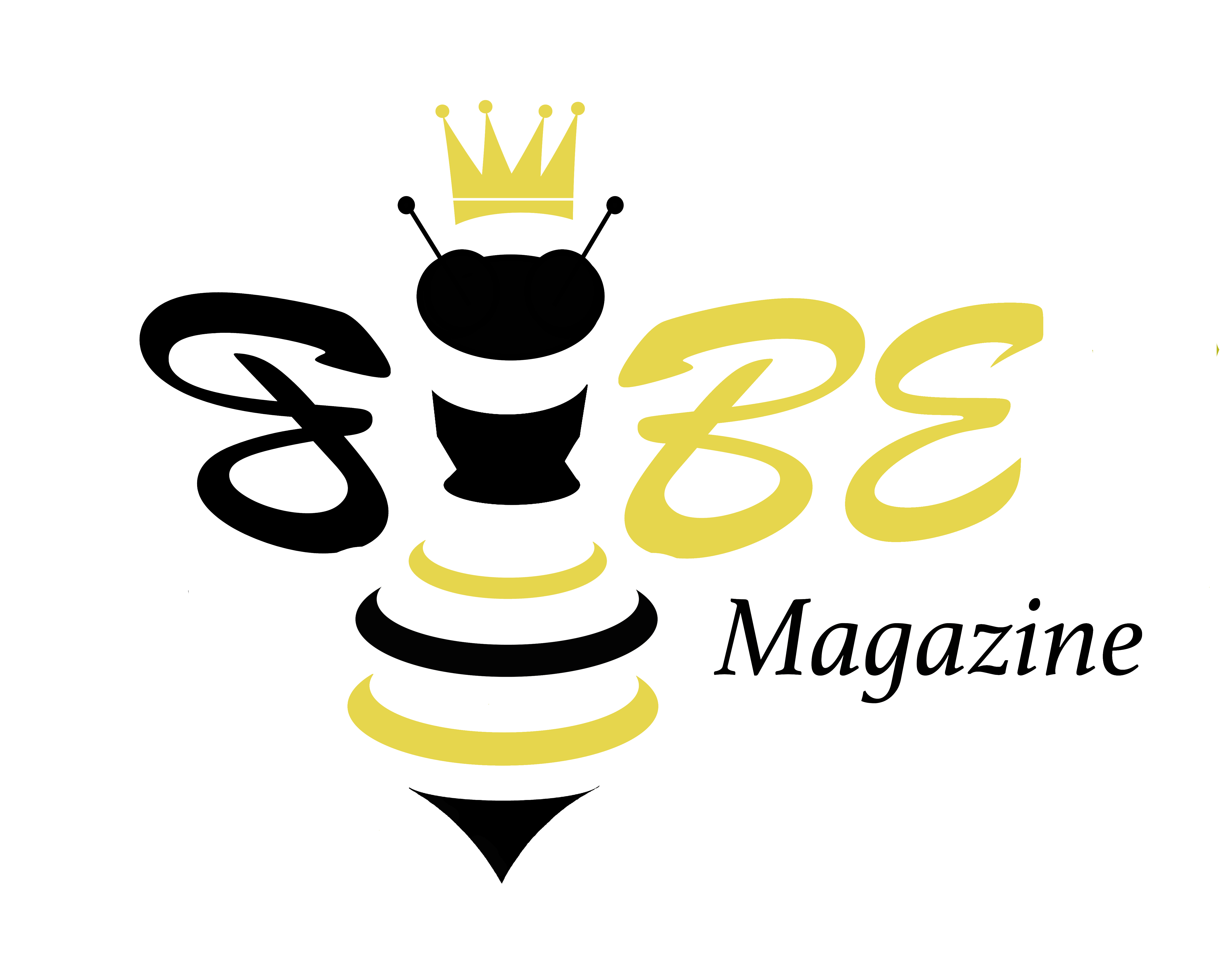I wanted to write this article about achieving happiness, giving concrete steps on how to improve your life with decisions and choices that you’re able to make on a daily basis. However, I can’t hand happiness on a silver platter to you, or even myself, given that we experience the world differently. We want different things from the world and from the people we surround ourselves with. A Thanksgiving conversation sparked my interest in the subject. I’d just met a friend of a friend sitting around their family’s living room, brothers and sisters and family friends’ voices enveloping the room where we began discussing the value of different forms of joy. We weighed and weighed again the happiness we receive from objects, things we buy and let others see, and the happiness we obtain from people, from focal points to those on the periphery. From this point, I began to look at my life and decisions differently. Maybe you’re a shade of me where happiness is some sort of goal, a general state of wellbeing, or some moment in your life where how you feel changes. In some form, the accumulation of things shapes this way of thinking: income statements, a new house or car, a robust 401k, a nice vacation. I looked around again at the living room filled with things, with pictures, a TV, and furniture, and realized that I wouldn’t find value in any of these things without people to enjoy them with.
From that conversation and that time with my friend’s family, I wanted to look into ways to better make connections of my own. That’s when I found minimalism. Minimalism provides ideology that, growing up surrounded by various levels of consumerism, seems far-fetched and unrealistic to some. I watched a few documentaries about people living in the now-trending tiny houses, and I read articles and books, namely Everything That Remains and Minimalism: Live a Meaningful Life, that outline the intentions behind limitation. There are several reasons why people choose to live minimally, including reducing carbon footprints, saving money, or even sustainability, but ultimately these choices provide a better opportunity to create meaningful connections with people. Minimalism as a movement started in response to a society engulfed in materialism. Similar to Facebook, where annually I delete “friends” that I don’t have any connection to anymore, minimalism constitutes a purging of things that fail to provide value, often sentimental, to your life. By this elimination of baggage, one can invest money and time in people that can reciprocate the investment. People are frustrating, and I understand some if not most people’s hesitation to invest in such a volatile stock.
There are other benefits to living smaller lives though that might be appealing. One benefit of minimalism, though not the main intention, is that saving money becomes easier. Several blogs story people’s early retirement due to lifestyle cutbacks. Some choose to reduce traveling costs by using public transportation, some invest into index funds, and some spend less eating out. Any combination of these things is a positive step into creating your own financial freedom. Whatever your goals are in life, it seems that minimalism, or at least the idea of limiting connections to objects, could provide an easier way of achieving them. I know that conversation I had changed my way of thinking about happiness. I know that when I looked around that room, there weren’t just things taking up space but loved ones to fill the rooms of the house. We all get to fill those rooms at some point. Living smaller might leave more space for what matters.
4 Ways You Can Get Started
- Unclutter you closet. Throw out clothes that you didn’t wear last year. Try and limit your wardrobe to only the clothes, shoes, and accessories that you love! At first it can seem overwhelming, so plan out how you want to tackle this step.
- Become more aware of the space that you use in your apartment or house. Most people and families don’t utilize their homes completely. Figuring out how much room you need to live in will help you make lifestyle changes in the future when looking for a new house or apartment.
- Start looking at your eating habits for ways to cut back and eat healthier. Eating out and overconsumption hurt both your bank account and wellbeing. Making cutbacks or implementing healthier substitutes might have positive impacts on other parts of your life.
- Take a minute to analyze your relationships with people in your life. Maybe schedule some lunches with people you haven’t seen for a while. Include people in your daily activities.
-Corey Hickman

